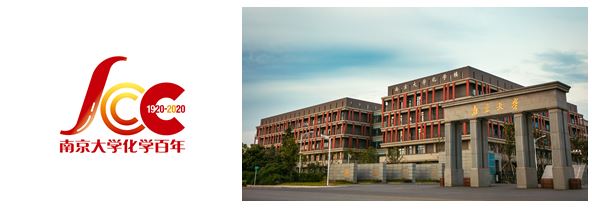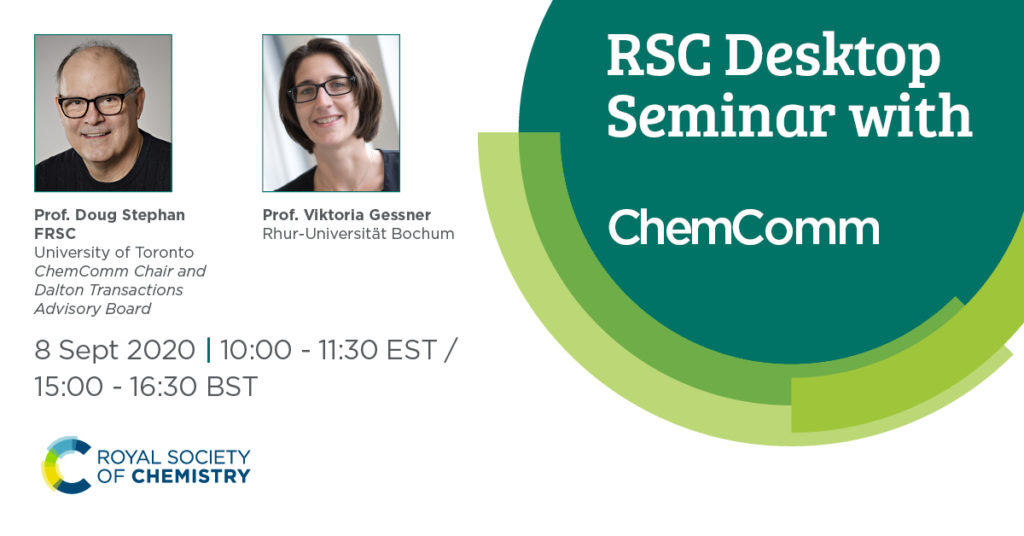Chemical Science is delighted to announce the winner of our 2025 Lectureship, Professor Christopher Chang!
Launched in our 15th anniversary year, the Chemical Science Lectureship celebrates leading, independent researchers at all career stages who have made exceptional discoveries and innovations in their field within the last five years. This annual lectureship focuses on a specific subject area that aligns with the Chemical Science symposium each year, rotating to cover the breadth of the journal and all areas of the chemical sciences.
This year, the Lectureship focused on the chemistry of imaging, biosensing and diagnostics and Professor Chris Chang was selected as the winner for his recent research on activity-based sensing and transition metal signalling. Chris will deliver the Lectureship at the 2025 Chemical Science Symposium on the same theme on 18-19 November in London, UK.
About our 2025 winner:
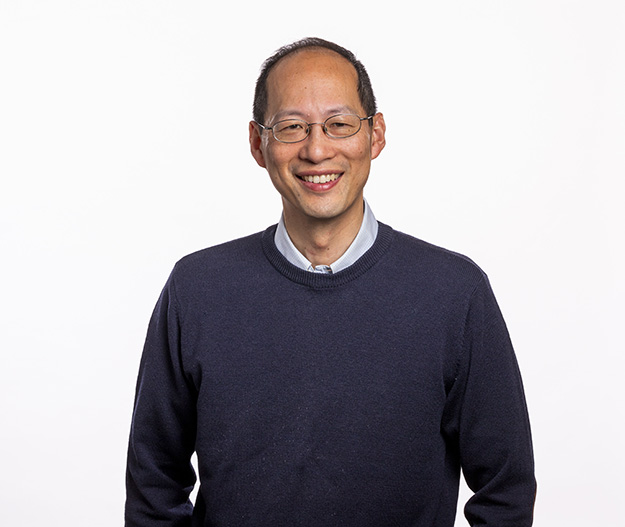 Christopher Chang, Princeton University
Christopher Chang, Princeton University
Chris Chang is the Edward and Virginia Taylor Professor of Bioorganic Chemistry at Princeton University. He completed his B.S. and M.S. degrees from Caltech in 1997 with Harry Gray, a Fulbright scholarship with Jean-Pierre Sauvage, a Ph.D. from MIT in 2002 with Dan Nocera, and a postdoc at MIT with Steve Lippard. Chris started his independent career at UC Berkeley in 2004 before moving to Princeton in 2024.
The Chang laboratory studies the chemistry and biology of the elements. His group has pioneered the concept of activity-based sensing, showing that selectivity in sensor design is achievable by reaction-based methods that go beyond traditional binding-based approaches that operate by lock-and-key molecular recognition.
Christopher’s work has also changed dogma in the inorganic and chemical biology communities by showing that transition metals are not merely active site cofactors in proteins but also serve as dynamic transition metal signals that operate as allosteric regulators of protein function through metalloallostery, giving rise to new metal-dependent cell growth and proliferation pathways such as cuproplasia and ferroplasia.
He has mentored nearly 150 graduate, postdoc, and undergraduate researchers, with 46 alumni who are now faculty leading their own laboratories. He currently serves as Editor-in-Chief for Accounts of Chemical Research.
Read Chris’ recent Chemical Science articles:
A mitochondrial-targeted activity-based sensing probe for ratiometric imaging of formaldehyde reveals key regulators of the mitochondrial one-carbon pool
Logan Tenney, Vanha N. Pham, Thomas F. Brewer and Christopher J. Chang*
Chem. Sci., 2024, 15, 8080-8088
A dual-fluorophore sensor approach for ratiometric fluorescence imaging of potassium in living cells
Zeming Wang, Tyler C. Detomasi and Christopher J. Chang
Chem. Sci., 2021, 12, 1720-1729
Find out more about the 2025 Chemical Science Symposium on the chemistry of imaging, biosensing and diagnostics where Chris will deliver the 2025 Lectureship on our event webpage.















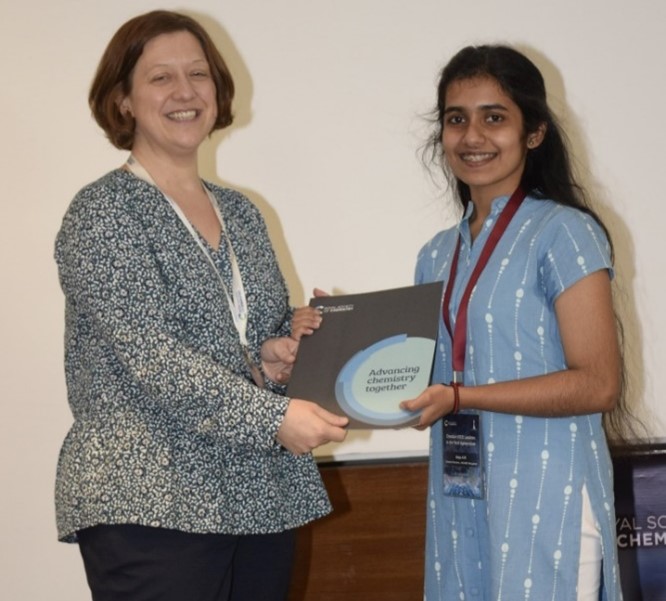


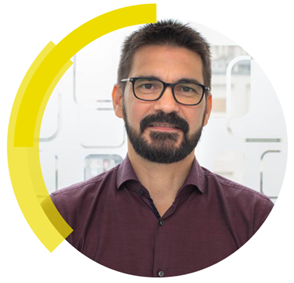
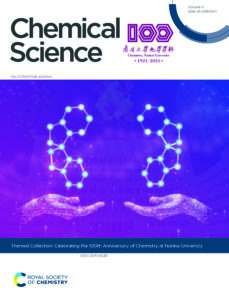
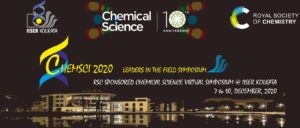


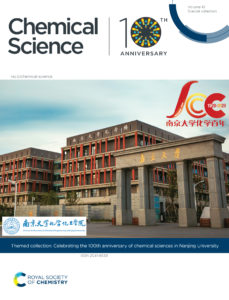 Established in 1920, the School of Chemistry and Chemical Engineering of Nanjing University is one of the world’s most active and recognised chemistry institutions. After a century of development and evolution, it is now a globally leading department dedicated to advancing the chemical sciences through cutting-edge research and world-renowned education. Chemical Science and the Royal Society of Chemistry are delighted to help celebrate the 100th anniversary of chemical sciences in Nanjing University with a
Established in 1920, the School of Chemistry and Chemical Engineering of Nanjing University is one of the world’s most active and recognised chemistry institutions. After a century of development and evolution, it is now a globally leading department dedicated to advancing the chemical sciences through cutting-edge research and world-renowned education. Chemical Science and the Royal Society of Chemistry are delighted to help celebrate the 100th anniversary of chemical sciences in Nanjing University with a 